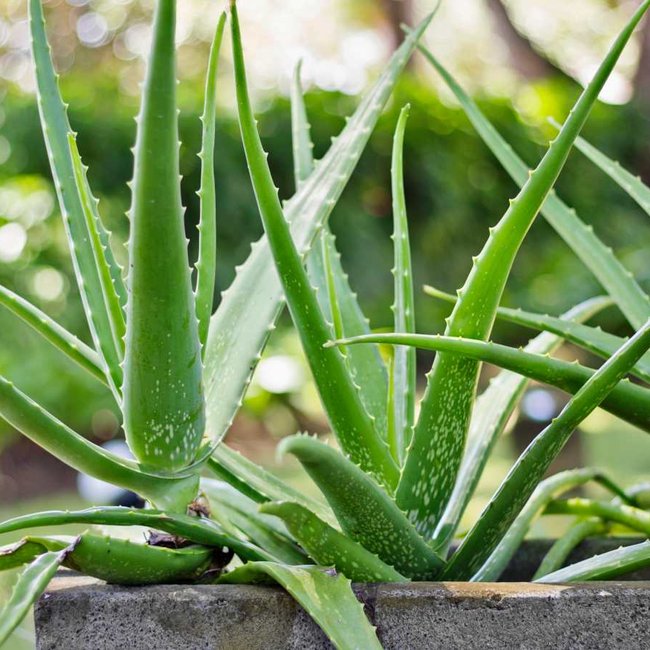Macaws
Macaws are a group of large, colorful parrots native to Central and South America. They are known for their intelligence, playful personalities, and loud, distinctive calls. Macaws are members of the parrot family, and come in a variety of shapes, sizes, and colors. They are among the most popular pet birds due to their intelligence and ability to learn tricks.
Meta Information
Scientific Name
Ara spp.
Average Lifespan
Up to 50 years in captivity
Average Size
Up to 40 inches in length
Similar To
Cockatoos, Amazons, African Greys, Eclectus
Lifecyle
Macaws typically reach sexual maturity at around 3 to 4 years old. They form lifelong pair bonds and are monogamous, meaning they will mate with the same partner for life. They build large, stick nests in hollow trees or cliffs, and lay clutches of 2-3 eggs that hatch after about 28 days. The chicks fledge at around 3 months old.
Diet
Macaws are omnivorous, meaning they eat both plants and animals. In the wild, they feed on fruits, nuts, seeds, buds, insects, and occasionally small vertebrates. In captivity, they are usually fed a variety of fruits, vegetables, nuts, seeds, and commercial bird pellets.
Habitat
Macaws are found in tropical forests and woodlands, usually near rivers and wetlands. They can be found in South and Central America, from Mexico to Peru, and in northern Argentina. Some species are endangered due to habitat destruction from deforestation and illegal pet trade.
-
What are macaws?
Macaws are large, colorful parrots that are native to the tropical rainforests of South and Central America. They are known for their vibrant plumage, which can range from red, blue, green, yellow, and orange. There are 17 different species of macaws, and they are highly intelligent and social birds.
-
What do macaws eat?
Macaws are omnivores, meaning they eat both plants and animals. In the wild, their diet consists of fruits, nuts, seeds, and insects. In captivity, they should be fed a balanced diet of pellets, fruits, and vegetables. It's important to avoid feeding them foods that are high in fat or sugar, as this can lead to health problems.
-
How long do macaws live?
Macaws are known for their long lifespans, with some species living up to 60 years in captivity. In the wild, they typically live shorter lives due to predation and habitat destruction. Proper care and nutrition can help ensure a macaw lives a long and healthy life.
-
Are macaws good pets?
Macaws can make great pets for the right owner. They are highly intelligent and social birds that require a lot of attention and stimulation. They can also be noisy and messy, so they may not be suitable for everyone. It's important to do your research and make sure you can provide a suitable environment for a macaw before getting one as a pet.
-
How do macaws communicate?
Macaws use a variety of vocalizations to communicate with each other, including squawks, screams, and whistles. They also use body language, such as fluffing their feathers or bobbing their heads, to convey their mood or intentions. In the wild, they often gather in large flocks and use their calls to communicate over long distances.
-
Are macaws endangered?
Several species of macaws are endangered due to habitat loss, hunting, and the pet trade. The Spix's macaw is one of the most endangered species, with only a handful existing in captivity. It's important to support conservation efforts and avoid purchasing wild-caught macaws as pets.
-
How do macaws mate and reproduce?
Macaws are monogamous birds and typically mate for life. They engage in courtship behaviors, such as mutual preening and feeding, before breeding. The female will lay 2-4 eggs in a clutch, which both parents will incubate for around 28 days. The chicks will then remain in the nest for several months before fledging and becoming independent.
-
Can macaws talk?
Yes, macaws are known for their ability to mimic human speech and other sounds. However, not all macaws will learn to talk, and it requires consistent training and socialization. It's important to remember that talking is not a natural behavior for macaws and should not be the sole reason for getting one as a pet.
-
How do I care for a pet macaw?
Caring for a pet macaw requires a lot of time, effort, and resources. They need a large cage or aviary, plenty of toys and enrichment activities, and a balanced diet. Socialization and training are also important for their well-being. It's recommended to consult with an avian veterinarian and do plenty of research before getting a macaw as a pet.
-
What is the lifespan of a macaw in captivity?
Macaws can live for several decades in captivity with proper care and nutrition. The lifespan of a macaw can vary depending on the species, with some living up to 80 years or more. It's important to provide them with a healthy diet, regular exercise, and mental stimulation to ensure they live a long and happy life.
10 Fun Facts About
1. Macaws are among the most intelligent birds, with the ability to learn words and even mimic human speech. 2. Macaws can live up to 50 years in captivity. 3. Macaws are the largest birds in the parrot family, with some species reaching up to 40 inches in length. 4. Macaws have powerful beaks, which they use to crack open nuts and seeds. 5. Macaws are social birds, and can often be seen in flocks of up to 30 individuals. 6. Macaws have a unique ability to mimic the calls of other birds, as well as human speech. 7. Macaws use their bright colors to communicate with each other, and to attract mates. 8. Macaws are very playful birds, and can often be seen swinging from branches or playing with toys. 9. Macaws have special feathers on their heads called “tassels” that they can use to show emotion. 10. Macaws are very loyal to their mates, and will often stay with the same partner for life.
Pun
What did the macaw say when it saw a toucan? "That's a nice beak-on!"
Out Thoughts About
🤩 Macaws are some of the most beautiful and intelligent birds in the world!








